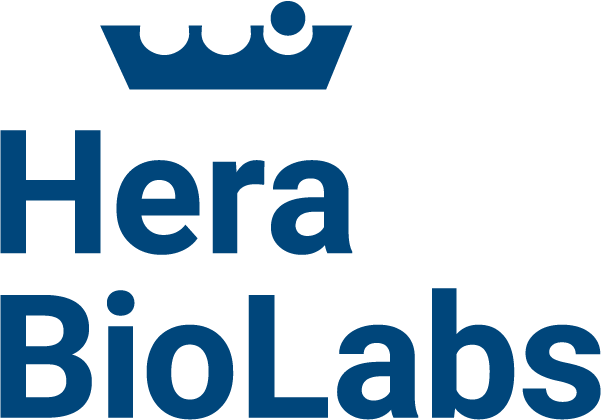Chronic granulomatous disease (CGD) is best described as an immune deficiency caused by a genetic mutation that results in defects in the production of microbicidal reactive oxygen species (ROS) by phagocytes. As a result, patients suffering from CGD are highly susceptible to a variety of bacterial and fungal infections.
Thus far, effective treatments for CGD have been limited. Stem cell transplants have shown some promising results, however, this is not a reliable methodology as most patients lack a suitable donor. Furthermore, graft-versus-host-disease remains an ongoing concern and significant risk related to this treatment option. With this in mind, researchers are focused on developing gene and cell therapies to treat CGD.
Until now, pre-clinical research of CGD-focused therapies has primarily involved NSG mice engrafted with human hematopoietic cell xenografts, but the presence of functioning mouse phagocytes capable of killing bacterial and fungal infections in this strain leaves a lot of questions regarding treatment efficacy unanswered.
Sweeny et al., as published in a recent edition of Human Gene Therapy, have created phagocyte-defective NSG. Cybb [KO] mouse model, using CRISPR/Cas9 through embryonic micro injection, that allows for “in vivo assessment of gene and cell therapy strategies for treating CGD in human hematopoietic cell transplants without obfuscation by function mouse phagocytes.” This xenograft animal model is the most immunodeficient mouse strain engineered to date, and although that certainly can pose some challenges in the lab setting, this also allows CGD researchers to evaluate the “effectiveness of corrected CGD patient HSPCs or other therapeutic human cells for in vivo protection from new infections or clearing of existing infections.”
Beyond expanding the horizon for pre-clinical testing of human CGD therapies, this new humanized NSG mouse xenograft may also prove useful in research surrounding other human phagocyte deficiencies and in the study of infections frequently associated with human cell transplant procedures.
